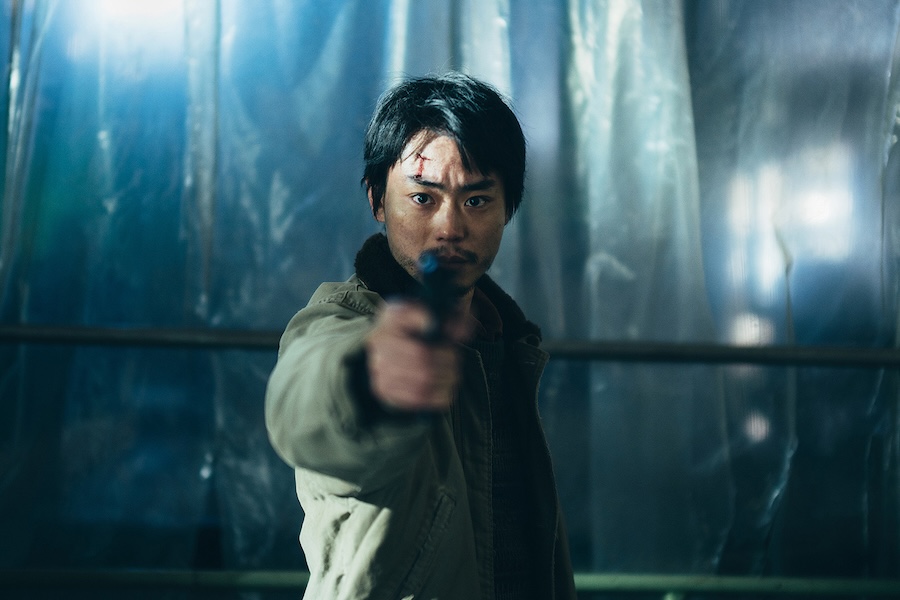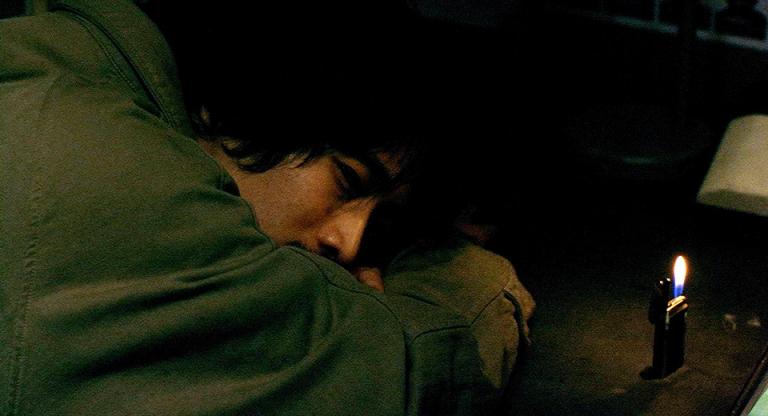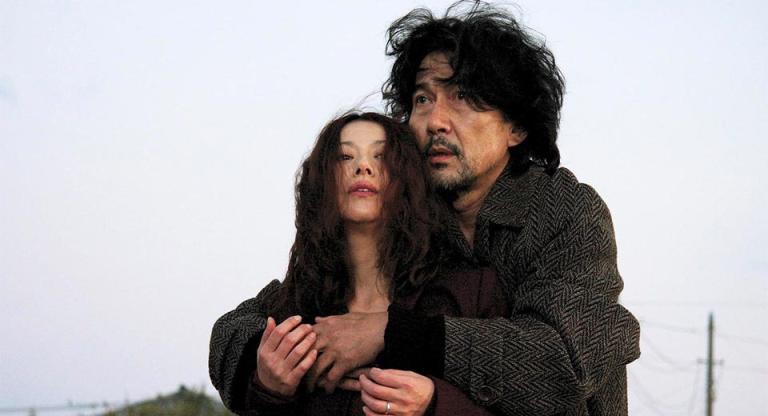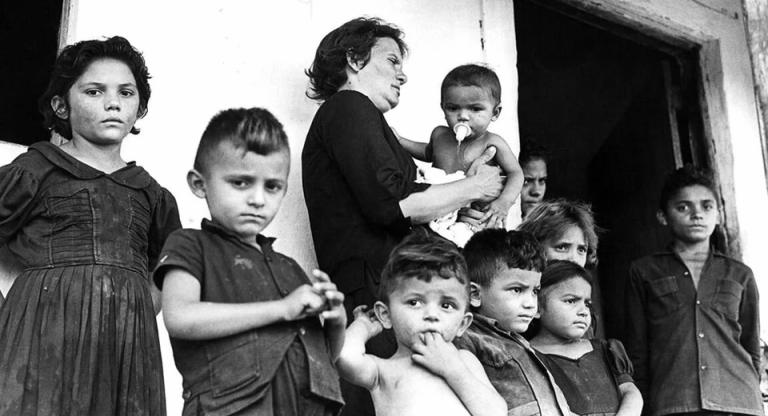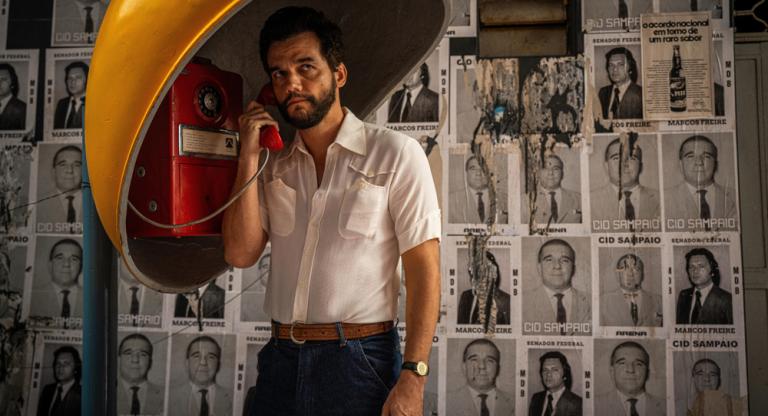Director Kiyoshi Kurosawa is perhaps best known for the mesmerizing and chilling modern Japanese classic Cure (1997), a film with an understated power that will unnerve even the most jaded horror fans. Following his breakthrough, Kurosawa went on to write and direct a number of sophisticated and scary films, including Creepy (2016) and Pulse (2001). This handful of assorted horror gems, along with his celebrated dramatic works, such as Tokyo Sonata (2008), helped cement the director’s reputation over the next two decades. Kurosawa’s latest, Cloud (2024), feels like a departure for the horror auteur, one in which his unique talent for patiently observed psychological realism and sly minimalism is used to create a surreal action techno-fable about our parasitic (cloud) capitalist reality.
Cloud follows a young online reseller, Ryosuke Yoshii (Masaki Suda), as he buys goods for criminally low prices and sells them for even more criminally large profits. Ryosuke quits his day job, a decision that seems to personally offend his boss (Yoshiyoshi Arakawa), and moves from the city to a remote house with his girlfriend, Akiko (Kotone Furukawa). He hires an assistant, Sano (Daiken Okudaira), to help him with his business and the operation seems to be going well until strange things start happening. An auto part is thrown through Ryosuke’s window, but when he goes to the police for help it seems they have their eye on him already, suspecting him of selling counterfeit designer handbags. Everything begins to crumble and we learn that Ryosuke’s online identity, “Ratel,” has a target on his back. The people he’s cheated, used, and insulted are out to get him.
What begins as a low-key thriller becomes something much more sinister and allegorical as Cloud progresses. Kurosawa’s film presents a field of analogues for virtual space and commerce, a clean and crisp world that resembles both David Cronenberg’s Existenz (1999) and Cosmopolis (2012). Ryosuke’s personal relationships bear striking resemblance to virtual ones. His assistant asks to be taught, like an AI waiting to be trained by its user; he reiterates that he’s there to help. Akiko, like a cam girl accepting gifts in order to continue a relationship, eventually reveals she’s only interested in Ryosuke’s credit cards. The film’s second half plays out like a death dream where characters from earlier in the narrative return, acting out a violent metaphorical drama in a nondescript space that could be the setting for any number of multiplayer online games.
With Cloud, Kurosawa has ascended to another level of semiotic expression, one in which his style finds new possibilities that are perhaps even more unsettling and frightening than in his horror outings. The message of Kurosawa’s film, and its title, brings to mind the economist and former Greek Finance Minister Yanis Varoufakis’s theory on Cloud Capital, which posits that tech overlords like Amazon, Meta, and Tesla have effectively developed a techno-feudalist economy that resembles medieval Europe. Ryosuke is a mere serf working his small patch of digital land, dreaming—and scheming—to own a bigger piece. He might one day, but the question becomes what will be left of him (and those he exploits) once he does? This world of big fish, remoras, users and used is what we see on our mindless march to hell. In the end, Ryosuke’s simple declaration that he’s “doomed” sums it all up with the economical brevity that makes Kursosawa’s work so elementally and characteristically powerful.
